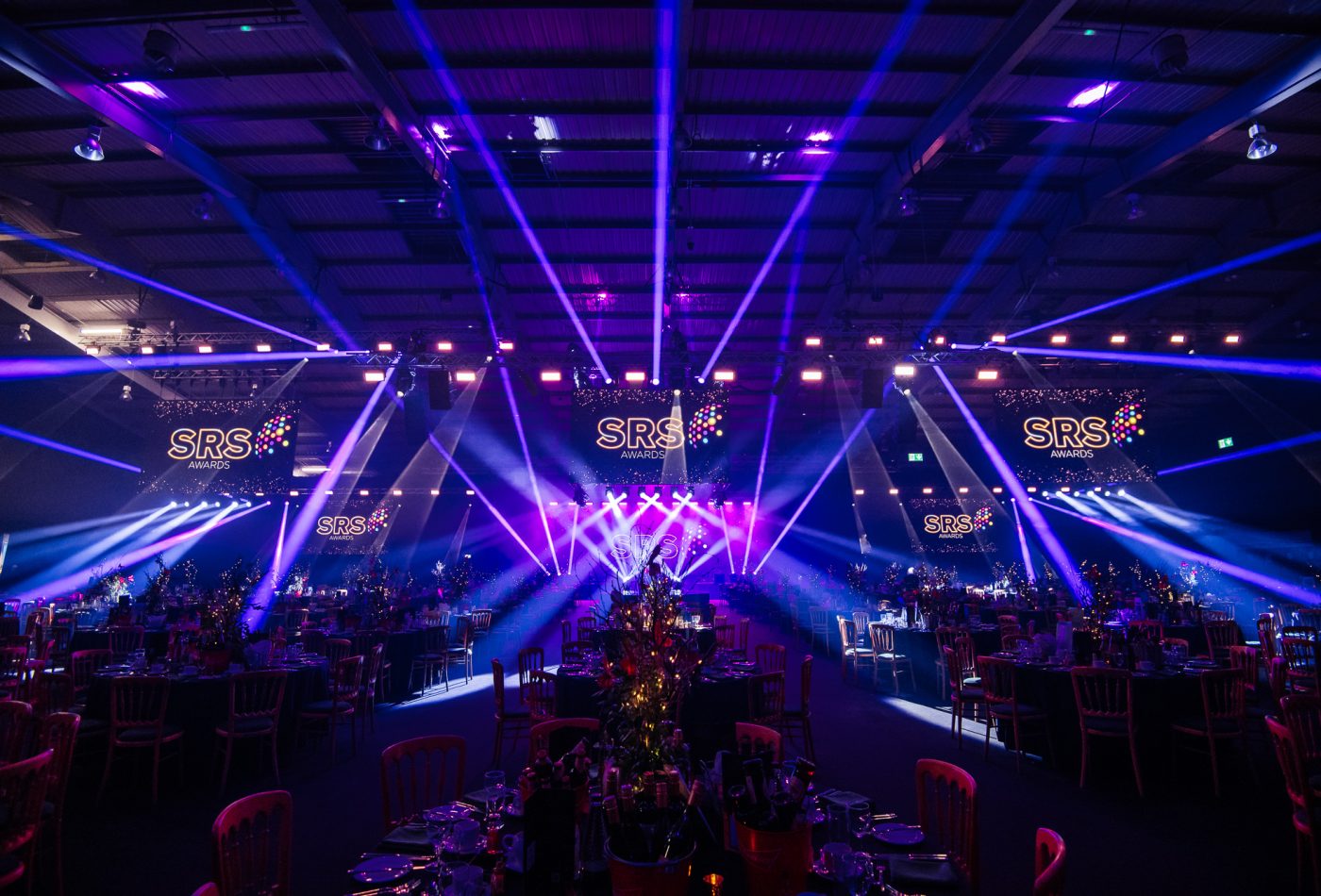Trick Techniques for Successful Events Manufacturing: From Planning to Implementation
In the realm of event production, the difference in between success and mediocrity usually depends on the approaches employed during planning and execution phases. Establishing clear objectives, crafting a comprehensive budget plan, and assembling an efficient group are foundational steps that establish the phase for a natural occasion experience. Furthermore, the implementation of an extensive timeline and efficient communication techniques can dramatically improve operational efficiency. The subtleties of these methods can vary extensively depending on the occasion's nature and scale, prompting a closer exam of what truly drives effective outcomes.
Specify Your Event Objectives
Defining your occasion objectives is an important very first action in the event manufacturing procedure. Clear goals supply direction, making certain that every facet of the occasion aligns with the wanted outcomes. These goals can vary commonly, ranging from boosting brand understanding and getting causes promoting networking possibilities or celebrating landmarks.
To develop reliable goals, think about the clever requirements-- Details, Quantifiable, Attainable, Appropriate, and Time-bound. This framework assists to develop quality around what you intend to achieve and just how success will certainly be evaluated. If your objective is to raise participant interaction, define the desired degree of communication and just how it will be measured, such as through post-event surveys or social media communications.
In addition, involving crucial stakeholders in the goal-setting procedure can boost buy-in and make certain that diverse perspectives are thought about. On a regular basis taking another look at and improving these objectives throughout the preparation phase can also aid adjust to changing circumstances or brand-new understandings. Eventually, well-defined event goals function as a foundation for tactical decision-making and source allowance, leading the job towards successful implementation and impactful results.
Create a Comprehensive Spending Plan
When event objectives have been clearly developed, the next step involves creating a thorough spending plan. A detailed spending plan acts as a roadmap for monetary choices and resource appropriation throughout the event manufacturing process. Begin by determining all potential prices associated with the event, including place leasing, food catering, tools, team, and marketing expenditures.
It is essential to classify these prices into repaired and variable expenses. Set costs continue to be constant no matter participation, while variable prices rise and fall based upon the variety of services or individuals made use of. This distinction aids in creating a practical financial structure.
After approximating expenditures, allocate funds per category based upon top priority and requirement. It's a good idea to incorporate a contingency fund, commonly around 10-15% of the total budget plan, to represent unanticipated costs.
Regularly updating the spending plan and examining throughout the planning phase will guarantee positioning with occasion objectives and give insight into economic performance. Additionally, transparent communication with stakeholders about budget restrictions will promote partnership and stop misconceptions - Event Productions. Eventually, a tactical spending plan not just promotes effective event execution however likewise adds to accomplishing the overarching goals established initially
Assemble the Right Group

Begin by identifying vital roles necessary for the event, such as event coordinators, advertising and marketing experts, technical support, and logistics managers. Each member must have a clear understanding of their duties, fostering accountability and ownership.
Efficient interaction is crucial; establish regular check-ins and updates to make sure every person is aligned with the event goals. Encourage partnership among team members, as this can result in cutting-edge remedies and an extra natural method.
In addition, choosing people that not only excel in their respective fields however likewise embody a positive perspective and synergy spirit can enhance spirits and performance. Acknowledging individual strengths and weak points enables critical delegation, ensuring that jobs are designated to those ideal geared up to handle them. Ultimately, a well-assembled group, driven by a shared vision, contributes in accomplishing an effective event.
Develop a Thorough Timeline
To ensure that every component of an occasion is thoroughly planned and implemented, producing a detailed timeline is crucial. This timeline works as the backbone of the event manufacturing process, enabling all employee to comprehend their from this source target dates and duties clearly.
Begin by outlining crucial turning points, such as venue reservation, supplier contracts, and marketing tasks. Each job needs to be designated a particular target date, making certain responsibility amongst team members. Integrate time buffers to fit unforeseen scenarios, which are common in occasion planning.
Next, damage down bigger tasks right into smaller sized, workable components. Rather of listing "food catering" as a solitary thing, include sub-tasks like menu option, sampling sessions, and final confirmations. This granular method help in tracking progress and makes sure that no information is forgotten.
On a regular basis testimonial and upgrade the timeline to show any type of adjustments or growths. This not just keeps the team aligned but likewise cultivates an aggressive approach to problem-solving - Event Productions. By adhering to a well-structured timeline, event planners can considerably boost effectiveness and minimize anxiety, ultimately causing a much more effective event outcome
Implement Effective Communication
Efficient communication is essential throughout the occasion production procedure, offering as the glue that holds the whole group together. It ensures that all stakeholders-- including clients, suppliers, and team participants-- are aligned with the event's vision, purposes, and logistics.
Routine check-ins and conferences must be scheduled to evaluate progression, address issues, and commemorate turning points. These interactions promote a culture of openness, allowing employee to articulate concepts or challenges without delay. Furthermore, employing a central communication informative post system can improve conversations and document decisions, making certain everybody has accessibility to vital info.
Furthermore, consider the diverse interaction designs of your team. Customizing your strategy to suit various choices can boost engagement and understanding. Urge comments and open discussion, as this creates an inclusive atmosphere where cutting-edge ideas can grow. Inevitably, efficient interaction is not simply about exchanging info; it is about developing partnerships that drive the success of the event from planning with to execution.
Conclusion
In summary, the successful production of events depends on the implementation of essential techniques, including the facility of clear goals, meticulous budgeting, collective team assembly, and the development of a structured timeline. Moreover, reliable interaction plays an essential function in guaranteeing placement amongst stakeholders and assisting in development tracking. By adhering to these techniques, event producers can improve the overall experience, ensuring that each occasion satisfies its objectives and supplies worth to all participants entailed.

It ensures that all stakeholders-- including customers, suppliers, and this contact form group participants-- are aligned with the event's vision, goals, and logistics. Event Productions. By sticking to these strategies, event producers can enhance the overall experience, making sure that each occasion fulfills its purposes and supplies worth to all individuals involved